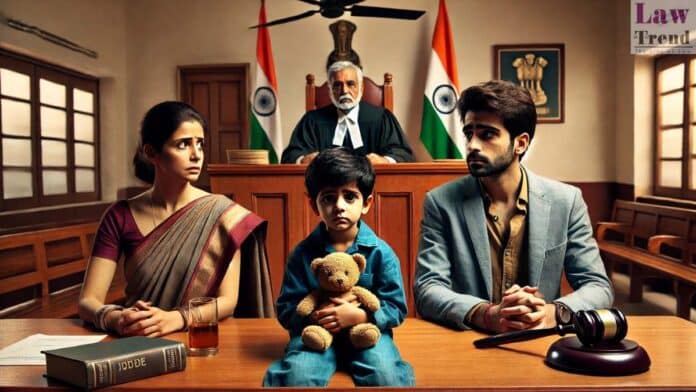The Bombay High Court, comprising Justices Sarang V. Kotwal and S.M. Modak, has dismissed a habeas corpus petition filed by Sahil Raju Gilani seeking custody of his minor daughter from her mother. The Court held that religion is not the decisive factor in determining custody and emphasised that the paramount consideration remains the welfare of
To Read More Please Subscribe to VIP Membership for Unlimited Access to All the Articles, Download Available Copies of Judgments/Order, Acess to Central/State Bare Acts, Advertisement Free Content, Access to More than 4000 Legal Drafts( Readymade Editable Formats of Suits, Petitions, Writs, Legal Notices, Divorce Petitions, 138 Notices, Bail Applications etc.) in Hindi and English.




